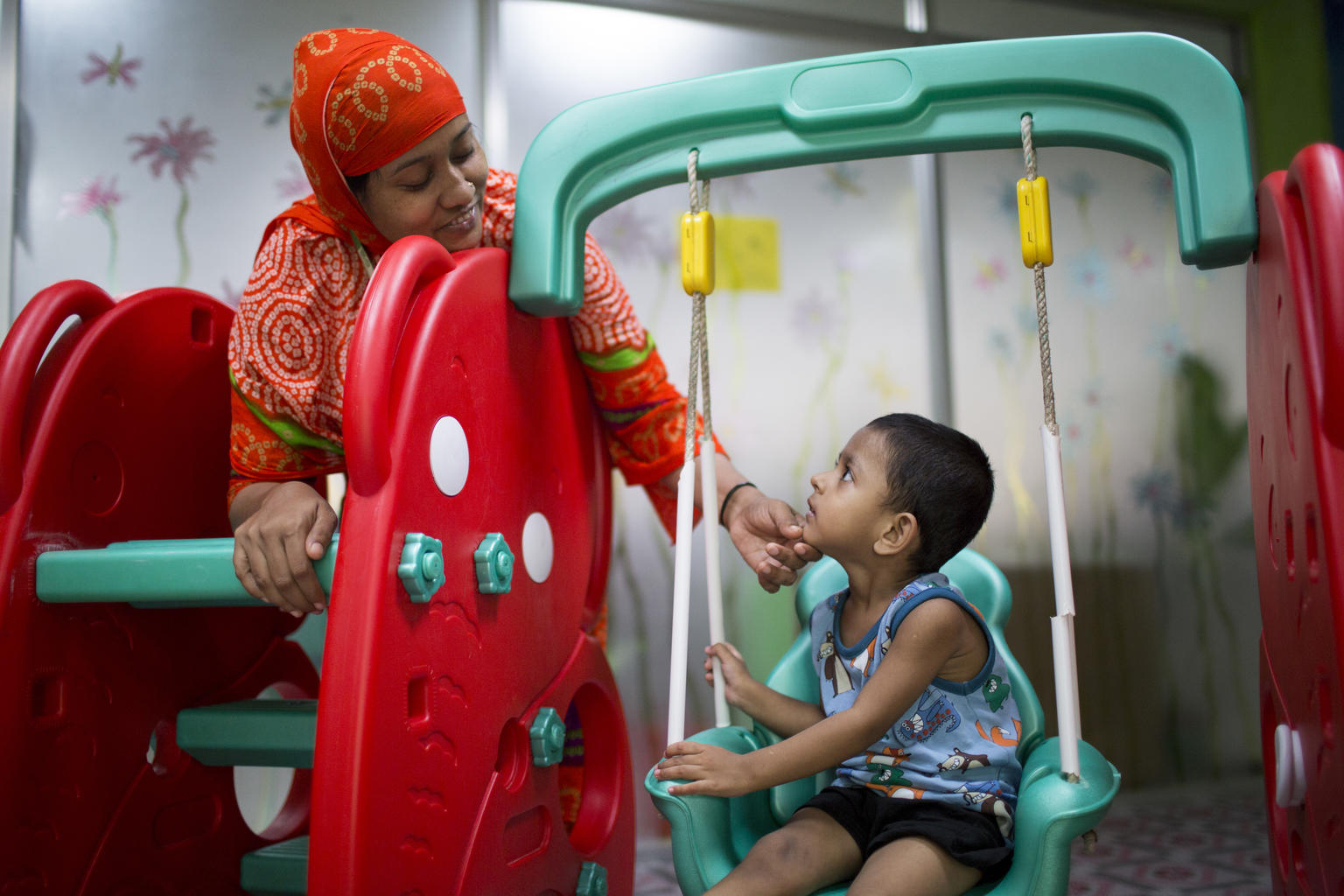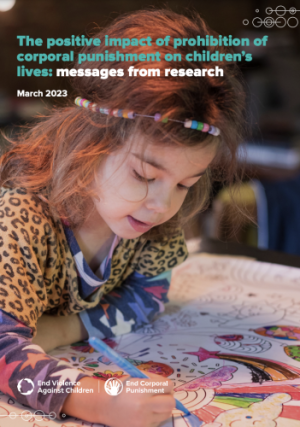
Corporal punishment – or violent discipline at the hands of caregivers – is the most common form of violence against children. It occurs around the world, with 86% of the world’s children not protected by law.
Legal prohibition is a critical first step in ending corporal punishment – it sends a clear message that it is not acceptable to hit a child. It creates a strong enabling environment to bring about at-scale cultural change and reduce the acceptance of physically harming children as punishment.
Despite the long road ahead, progress is taking place. 40 years ago, only one country (Sweden) had banned all corporal punishment of children. Today, 65 states have fully prohibited the practice in all settings. A growing collection of evidence suggests that prohibition is associated with changes in attitudes and practices that positively impact children's lives. End Violence’s Ending Corporal Punishment initiative has developed a new briefing paper that summarises the evidence available, both at country-level and comparative research that compares countries with and without the prohibition of corporal punishment.
Here are some highlights on progress:
In Sweden
Half of the children were regularly subjected to corporal punishment in the 1970s, before prohibition. This number reduced drastically to a few per cent in 2000s.
In Finland
There was a decline in adult acceptance of corporal punishment from 47% in 1981 to 15% in 2014.
In Germany
In 1992, 30% of young people had been subjected to corporal punishment; by 2002, the figure was 3%
In New Zealand
The rate of approval of corporal punishment went down from more than 90% in 1981 to 19% in 2018.
In Romania
22% decrease in caregivers’ use of corporal punishment within a decade following prohibition between 2001-2012. Children’s reports of the use of severe forms of corporal punishment have halved.
In Kenya
Evidence suggests that prohibition was associated with a rapid decrease in use of corporal punishment by caregivers
In Japan
Approval or acceptance of the use of corporal punishment decreased by 19% in just four years between 2017-2021.
In Wales
The percentage of people disagreeing that ‘it is sometimes necessary to smack a child’ rises from 49% to 62% in five years.
You can read the full briefing paper here and learn more about action to End Corporal Punishment here.
Image: © UNICEF/UNI253733/Himu
